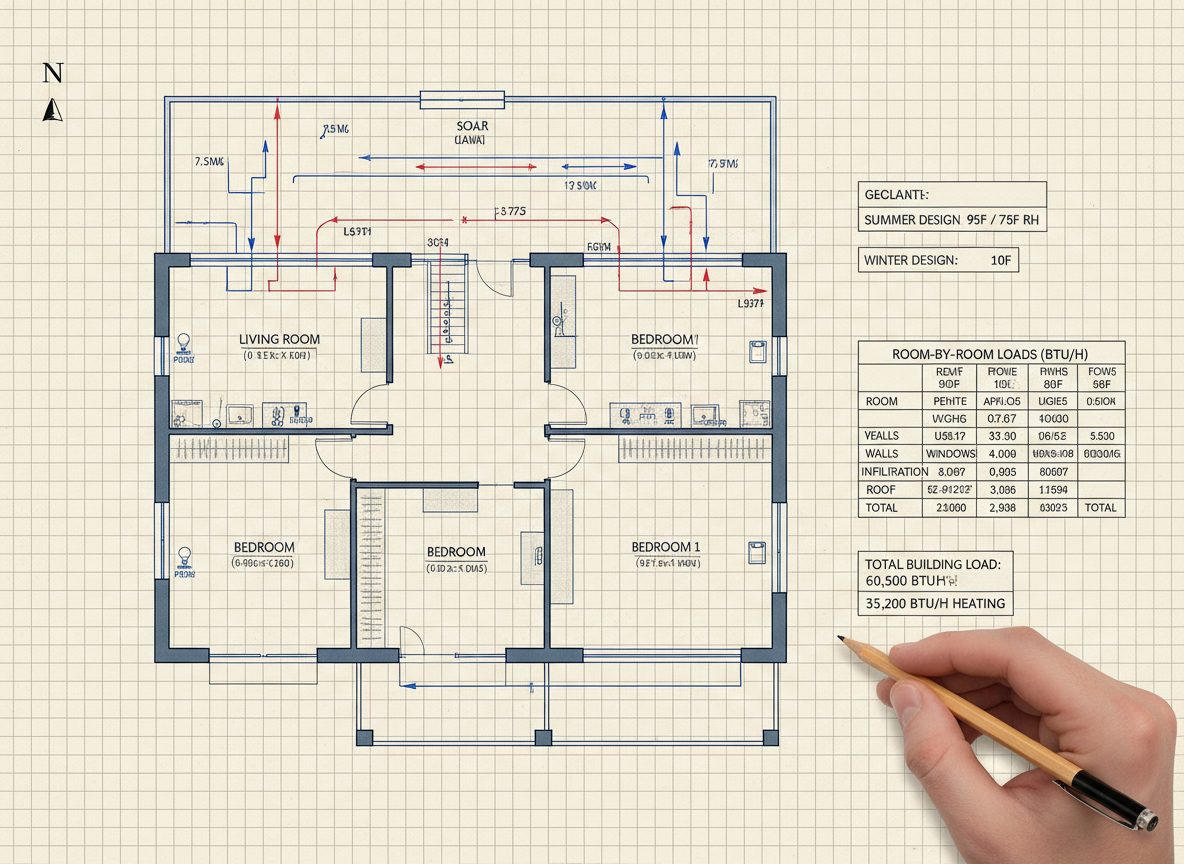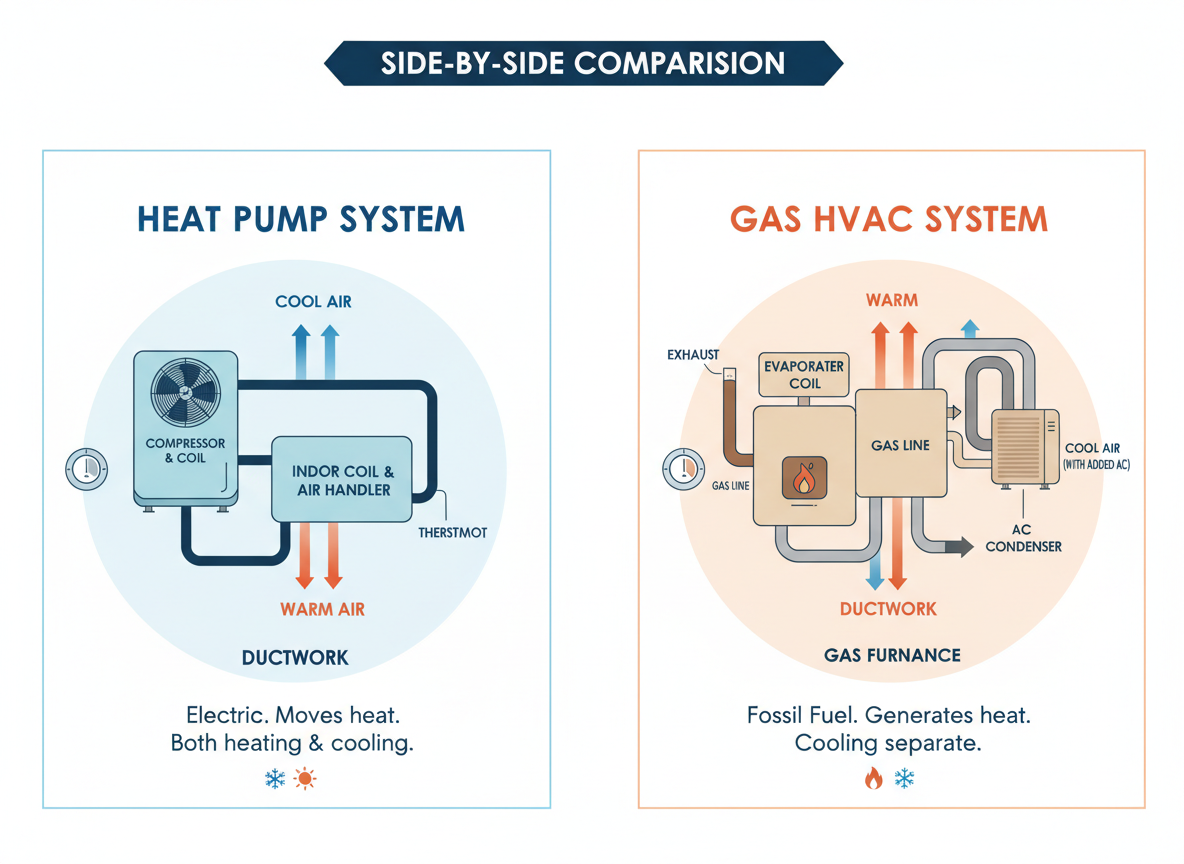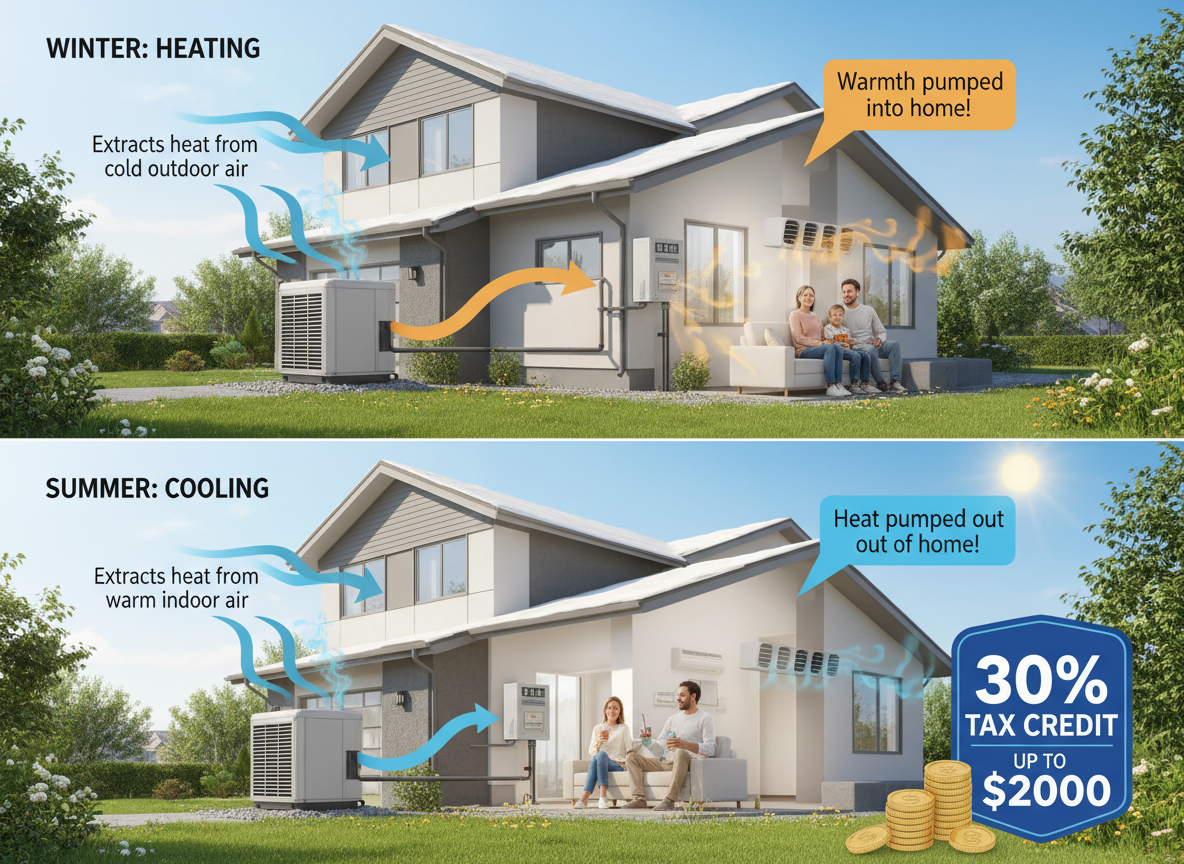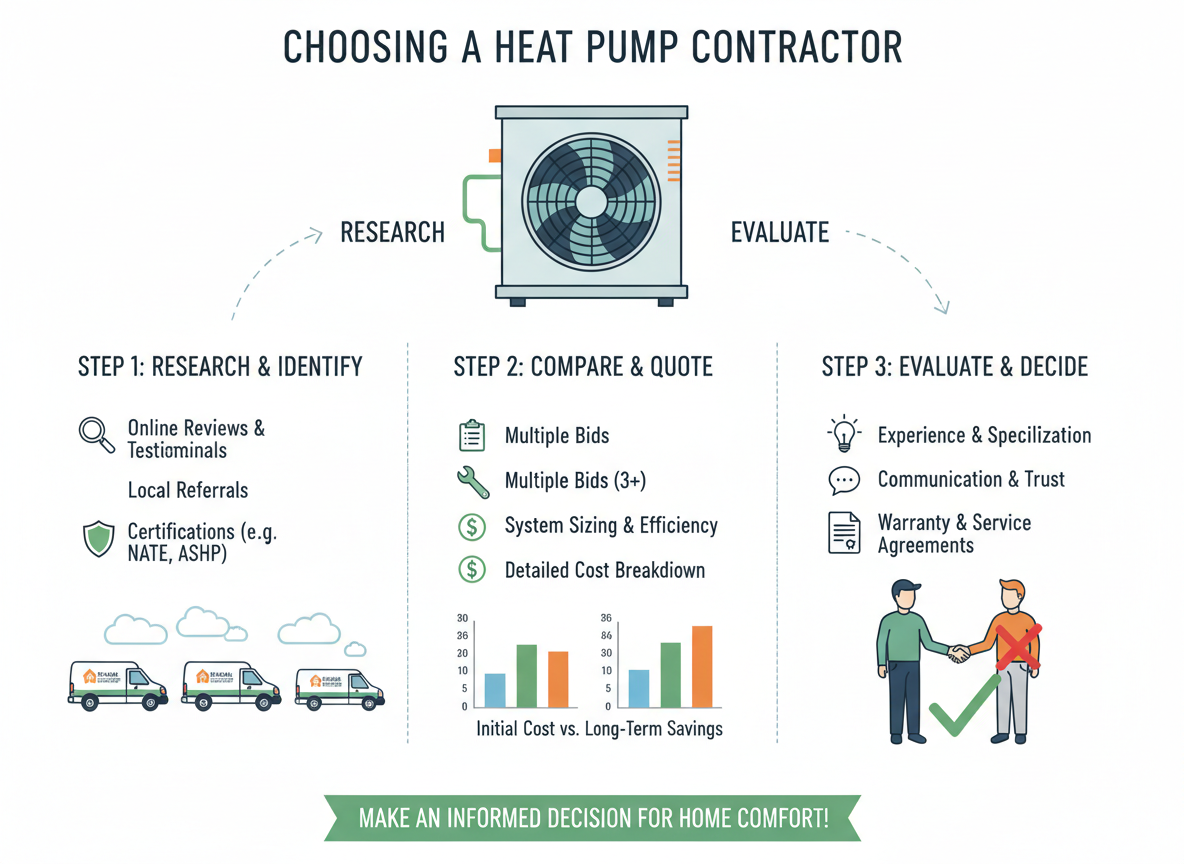
Refrigerant is the substance contained in the coils of the air conditioning unit. It absorbs heat from the Thousand Oaks environment and in return provides cooler air working alongside compressors and evaporators. In the condenser, refrigerant turns to liquid as it absorbs heat from indoor air, then goes to the evaporator. As it cools it turns back into gas, then a fan located indoors blows over the coils and distributes the cold air throughout the home. The cycle then repeats again. Without refrigerant your air conditioner cannot keep your home cool.
You are wondering if you can mix different types of refrigerants in your air conditioning system. With the R22 phase out in 2020 due to its environmental impact, this is a common question for those looking to upgrade their system or change the refrigerant in their system. The answer is no, refrigerants should not be mixed. There are several reasons why mixing refrigerants should not be done. At LA Construction, Heating and Air we do the right thing for our customers which means never cutting corners.
Why Would a Contractor Mix Refrigerants?
There are a couple of reasons why a technician or contractor may mix refrigerants in your AC system. One could be due to cost, as a jug of R22 could cost as much 3-4 times that of other refrigerant types. Another reason could be due to a technician being misinformed, failing to realize that they should not simply “top off” a system with a replacement refrigerant without checking the refrigerant type. The correct way would be fully recover, evacuate and then replace the refrigerant entirely if using a replacement refrigerant. Before you agree to ac repair, be sure to check what refrigerant they will be using for your AC system.
What Happens to Your AC System if You Mix Refrigerants In Thousand Oaks?
Mixed refrigerants can cause increased system pressures and temperatures changing them for the worse. This can result in ineffective compressor cooling and possible compressor damage, ineffective cooling, and metering device malfunction. Different types of refrigerants are not meant to be mixed. In order to properly reach the correct refrigerant charge the refrigerant’s respective pressure –temperature chart is used. If refrigerants are mixed there is no chart to refer to. This means the refrigerant cannot be properly charged resulting in overheating and reduced system efficiency and lifespan.
The System May Overheat
If you mix refrigerants your air conditioning unit may overheat. Like mentioned above, different refrigerants have different sitting temperatures. Like oil and water different refrigerants do not mix, so you have different temperatures cycling through your system. This can lead your AC system to overheat and a burnt motor, a costly repair.
AC Inefficiency
Mixed refrigerants cause your HVAC to work harder to cool your home resulting in a loss in AC efficiency. This will also lead to an energy cost increase.
Compressor Damage
With mixed refrigerants your AC is more susceptible to potential damage, including damage to your compressor. This is a result of unpredictable temperatures and pressures as well as a potential loss of proper oil return to the compressor adding extra strain to your compressor. The different pressure points can also push on the coils leading them to become misshapen and cause them to burst.
Mixing Refrigerants Is Against the Law
Due to the phasing out of R22 in 2020, it is illegal for a contractor to mix refrigerants. Once mixed, the refrigerant can no longer be used and must be incinerated. While it is unlikely to be prosecuted by the EPA for this, it is not a great idea. When refrigerants are not mixed they can be reclaimed and reused. Keep in mind that mixed refrigerants are not only a hazard to the environment but also pose a safety hazard to technicians.
Clean Air Act Compliance
This act aims at protecting the ozone layer from damage caused by ozone depleting gases like R22. To avoid incurring fines, homeowners are supposed to check their R22 refrigerants for leak including equipment that are labeled with R22 gas. If your current air conditioner is R22 compatible, you can have it serviced and if deemed necessary, it can be recharged to 1/1/2020. While servicing your system, it is important you choose technicians that are reliable and have EPA certification required to do the work. Come 2020, manufacturers will stop producing R22 refrigerants. The EPA has not imposed any requirement regarding the action that needs to be taken towards the R22 Refrigerant Phase Out. That means air conditioners that are R22 compatible can still be used after 2020.
All air conditioners purchased after the 2010 deadline are using R410A refrigerant, which is more ozone friendly. This is because the government imposed laws in 2010 to stop the manufacturing of R22 air conditioners. This was after it was discovered the R22 refrigerant emit gases, which can damage the ozone layer. The positive news for people using R22 systems is that they can still continue to service these systems because the EPA has not enacted a policy requiring a change. To reduce servicing costs in future, it is important you properly maintain your air conditioner. This will not only reduce the maintenance cost, but also minimize adverse damages to the environment.
Choosing the Right Refrigerant For Your Home
For many years, homeowners have used R22 refrigerant in air conditioners. The problem with the old R22 refrigerant that is used in air conditioners is that they are neither environmentally friendly nor efficient. This has necessitated the shift to favorable refrigerants that are more efficient and leads to less emission of greenhouse gas. R22 is a gas that is used in systems like refrigeration systems and air conditioners. However, it was included in the list of substances that destroy the ozone layer. As a result, R22 refrigerant phase out was instituted for those who use older air conditioners. The US government put in place a policy that new air conditioners should not use the R22 gas, because of the environmental concerns associated with this gas. The R22 refrigerant phase out provides a timeframe for users to switch to refrigerants that are ozone friendly and energy efficient.
Contact LA Construction, Heating and Air For Thousand Oaks HVAC Services
If your unit is not cooling as well as it should or you want a professional diagnosis of the condition of your AC system and refrigerant, book a service call online or give us a call. Your AC may not be cooling as effectively due to low refrigerant levels. Our technicians follow guidelines and never cut corners, they are here to help with your heating and air conditioning needs.
Can I Mix Refrigerants in my AC? Related Posts:






















.png)














